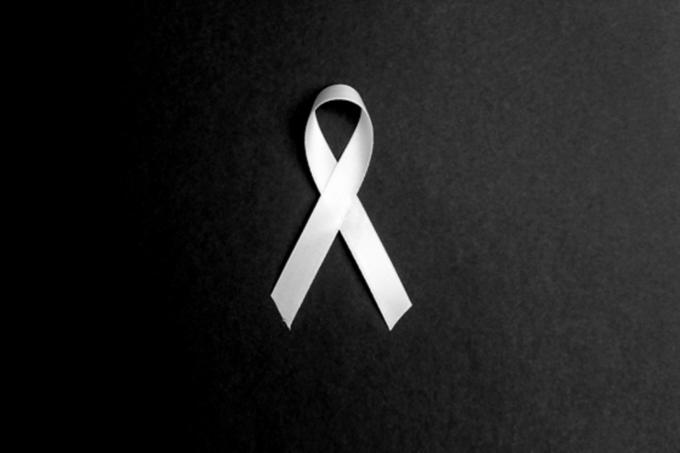On December 6, 1989, 14 women were murdered at École Polytechnique in Montreal simply because they were women studying engineering – a field traditionally dominated by men. We invited five women from the University of Regina’s engineering community to share what this day means to them.
Dr. Denise Stilling
I was completing an Engineering degree at the time of the École Polytechnique massacre in Montreal, when 14 women were shot and killed by an antifeminist gunman. The event is definitely etched in my memory. The academic semester was drawing to a close, the usual engineering academic stress was intense. The news was a shock. Enveloped by numbness, I remember the disbelief I shared with the few engineering students who, like myself, had endured the challenges of pursuing degrees in a male-dominated field. The feelings were helplessness and immense sorrow for those who lost their lives, those who survived or witnessed the devastation, and those who lost their family and friends. This event revealed the reality of misogynistic attitudes towards females in engineering. Although there hasn’t been a reoccurrence of this magnitude, acceptance of females in engineering remains a work in progress.
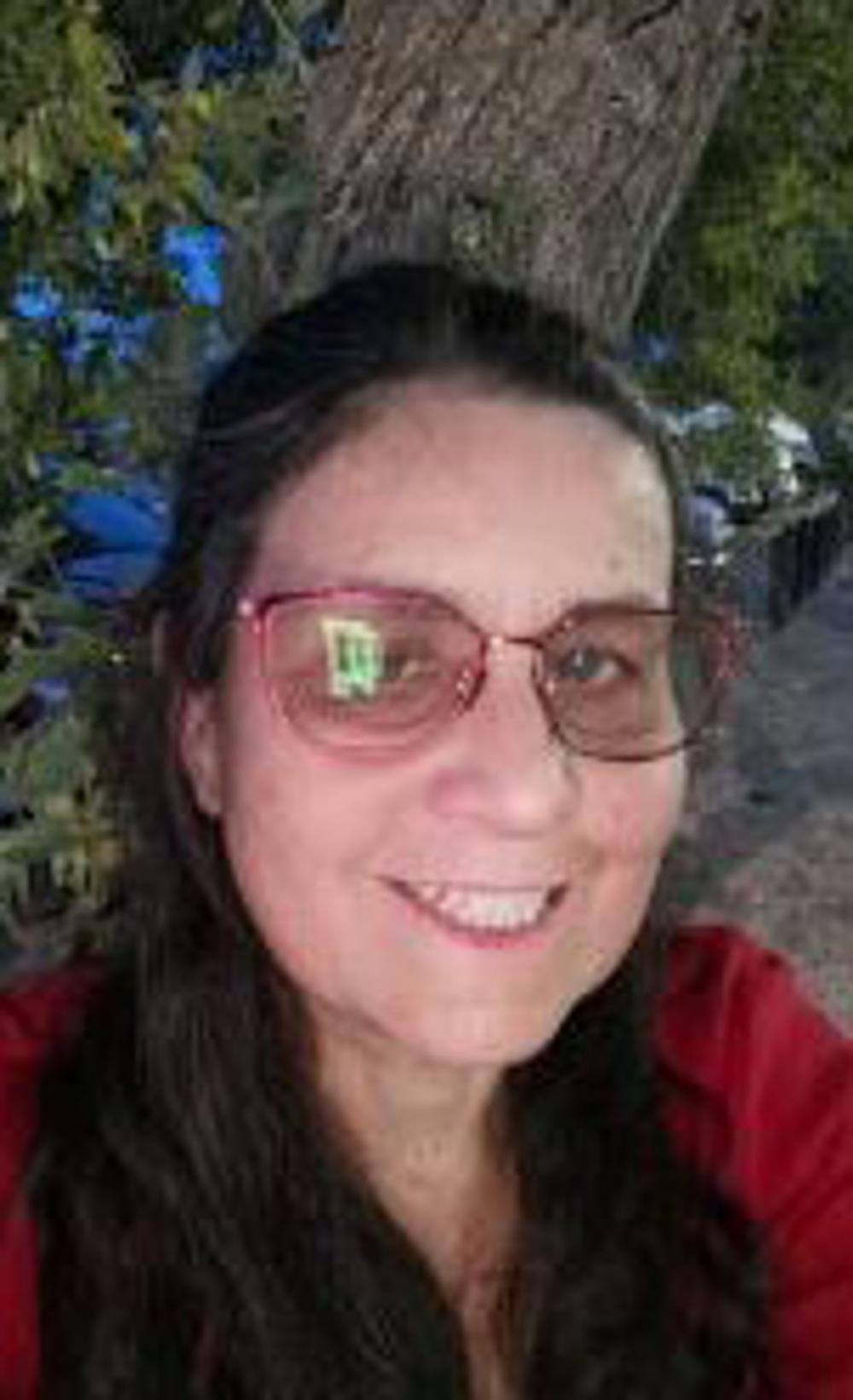
The University of Regina, Faculty of Engineering and Applied Science is committed to supporting women in science, technology, engineering and mathematics (STEM). It has evolved over decades, from having female engineering professors leading and participating in outreach to having full-time employees co-ordinating programs such as EYES (Educating Youth in Engineering and Science) and holding events specifically to engage girls and women. Being a role model in the academic setting has challenges but allows one to effect change.
Engineers Canada, as well as provincial governing professional engineering associations, support the 30 by 30 initiative to have women make up 30 per cent of registered engineers by 2030. Many organizations are taking a lead, such as the Canadian Coalition of Women in Engineering, Science, Trades and Technology (CCWESTT), which has a vision of a gender-equitable, diverse, and inclusive Canadian SETT sector.
While we continue to move forward, today, the National Day of Remembrance and Action on Violence Against Women rekindles searing memories – and allows a pause – for those in our field and beyond to reflect on the many challenges that continue to be rooted in gender inequality.
Dr. Denise Stilling
Associate Professor, Industrial Systems Engineering
Shawna Argue
I was working in the field in southeast Saskatchewan and had just come back to the motel after a long, cold day. I turned on the news and learned about the shootings. I remember calling my husband, very upset, and saying, “I have to do something, but what!?” He calmly responded saying: “Be a role model and set an example for other young women in engineering.”
This, I hope I did in my career.
Personally, I never saw my being female as an issue. I never thought of myself as any different than my male colleagues and never expected any special treatment because I was a women. I maintained that attitude until the day I retired and would tell young women pursuing careers in any non-traditional profession, not just engineering, to do the same.
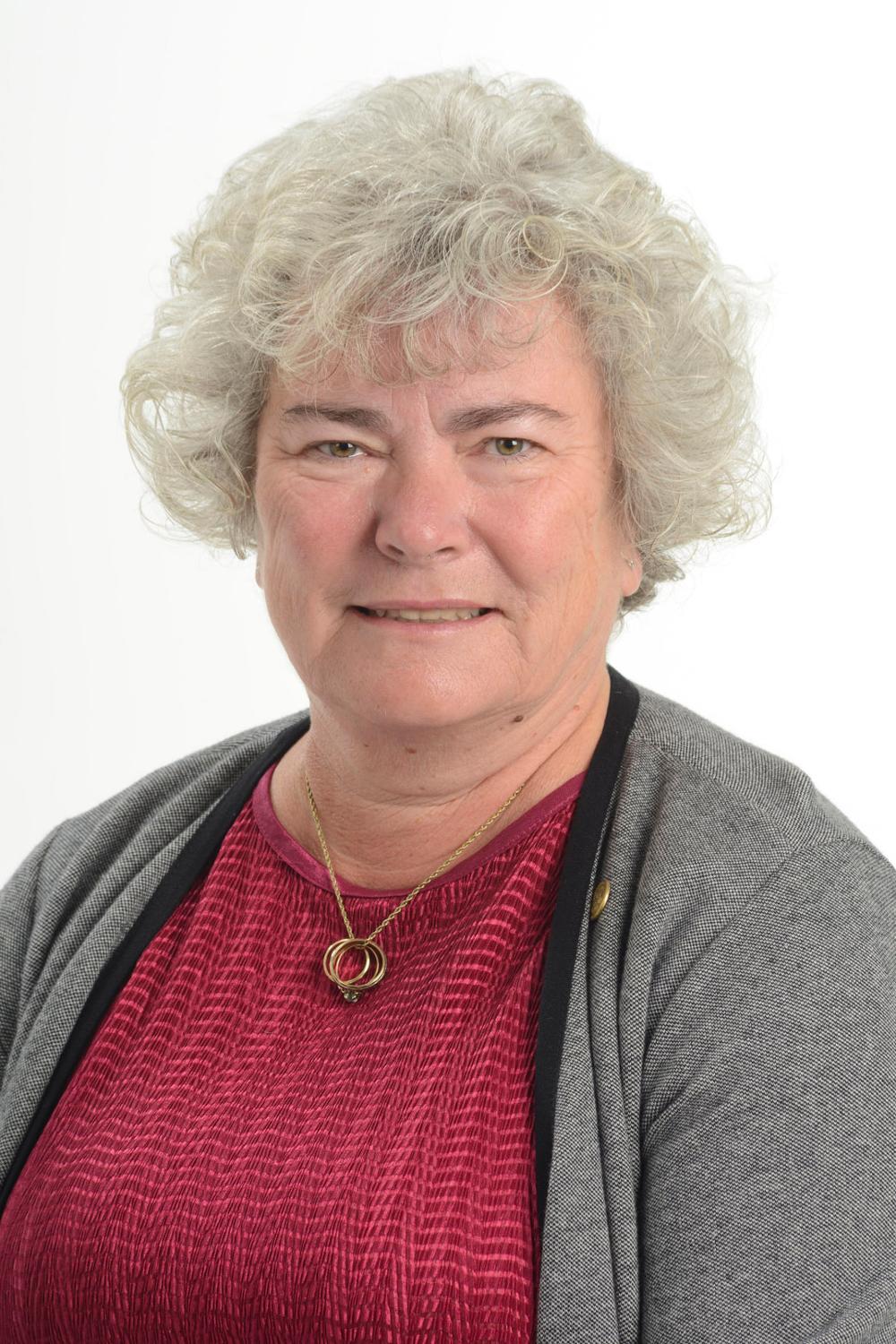
Unfortunately, there is still lots of work to do, and it starts at home and in the elementary school classrooms. I can’t tell you how many times I worked school fairs, or career fairs and spoke to young women about a career in engineering and they responded that either a parent or teacher had told them that they weren’t smart enough or that girls can’t do math and science. This is ridiculous! I was lucky that my parents always supported me in whatever I was pursuing – and in fact, my dad encouraged me to take engineering.
Shawna Argue BASc’87
Retired from the Association of Professional
Engineers and Geoscientists of Saskatchewan (APEGS)
Bailey Armstrong
The Montreal Massacre was a devastating and heartbreaking event that reinforced the extreme prejudice that exists towards women in engineering, and women in other male-dominated fields by extension. Whenever the anniversary comes around, I feel it is a serious time to reflect on the women who came before us, the hurt they endured, and all the work that is yet to be done for future generations of women in engineering.
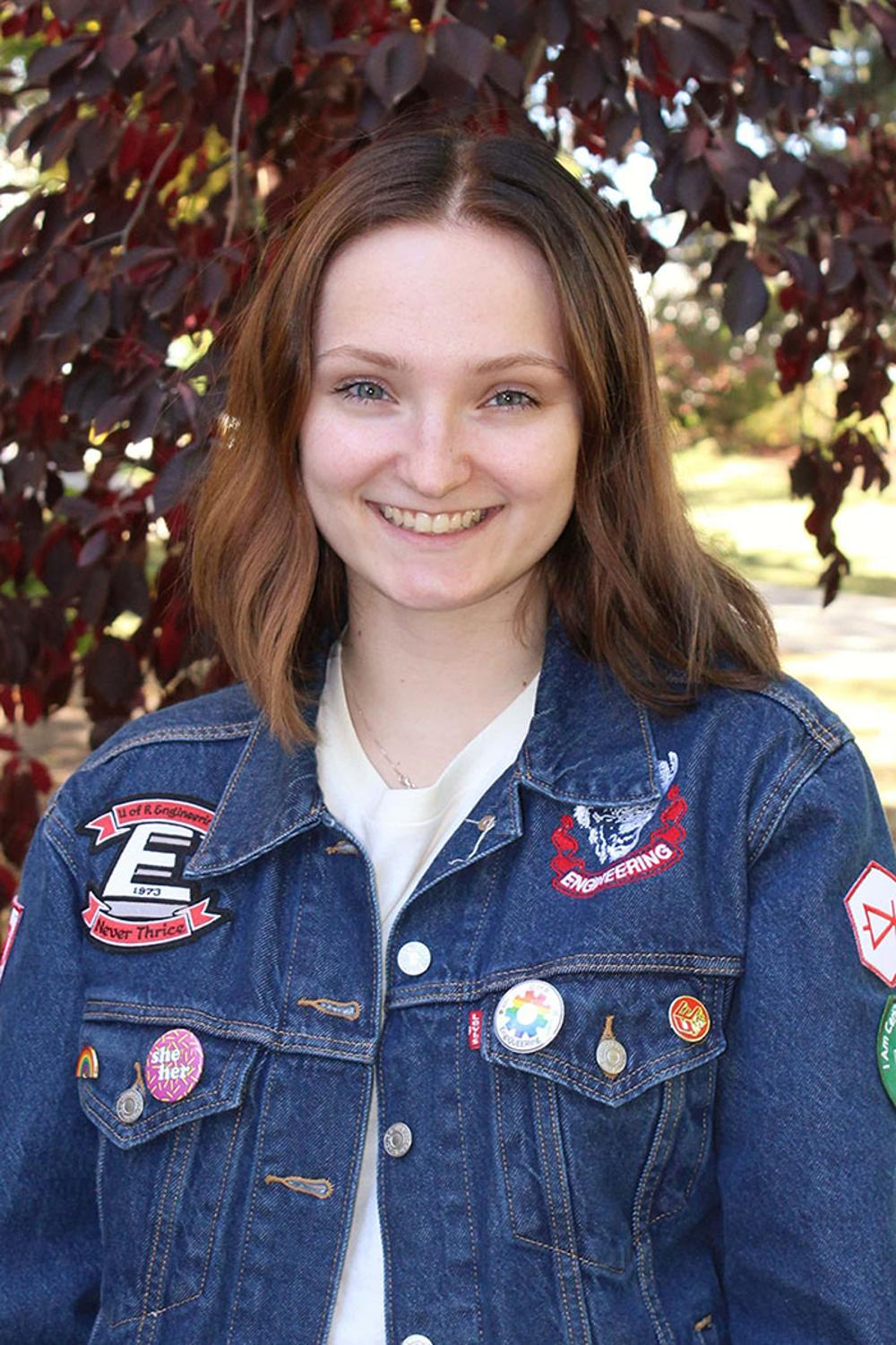
Because of the powerful progress made by women in engineering before me, I did feel there was a space for me, but it was a small and cramped one. I received encouragement for being brave and courageous in taking on such a difficult degree; however, my male peers who also entered engineering received praise for being intelligent and hardworking. There is always more work to be done in society when talking about prejudices like this. I feel that society has indeed made progress in welcoming women into engineering, like APEGS' 30 by 30 goal. Unfortunately, the same issues that were present 32 years ago are still prevalent today. Hate is infectious, and I believe that we all need to work together to overcome it.
Bailey Armstrong
Fourth-year electronic systems engineering student
President of Regina Engineering Students’ Society
Priscilla Dickinson
I reflect upon this unfortunate event every year and my general reaction is indignation. It reinforces my efforts to continue to support other women and girls that are in the profession or planning to become an engineer.
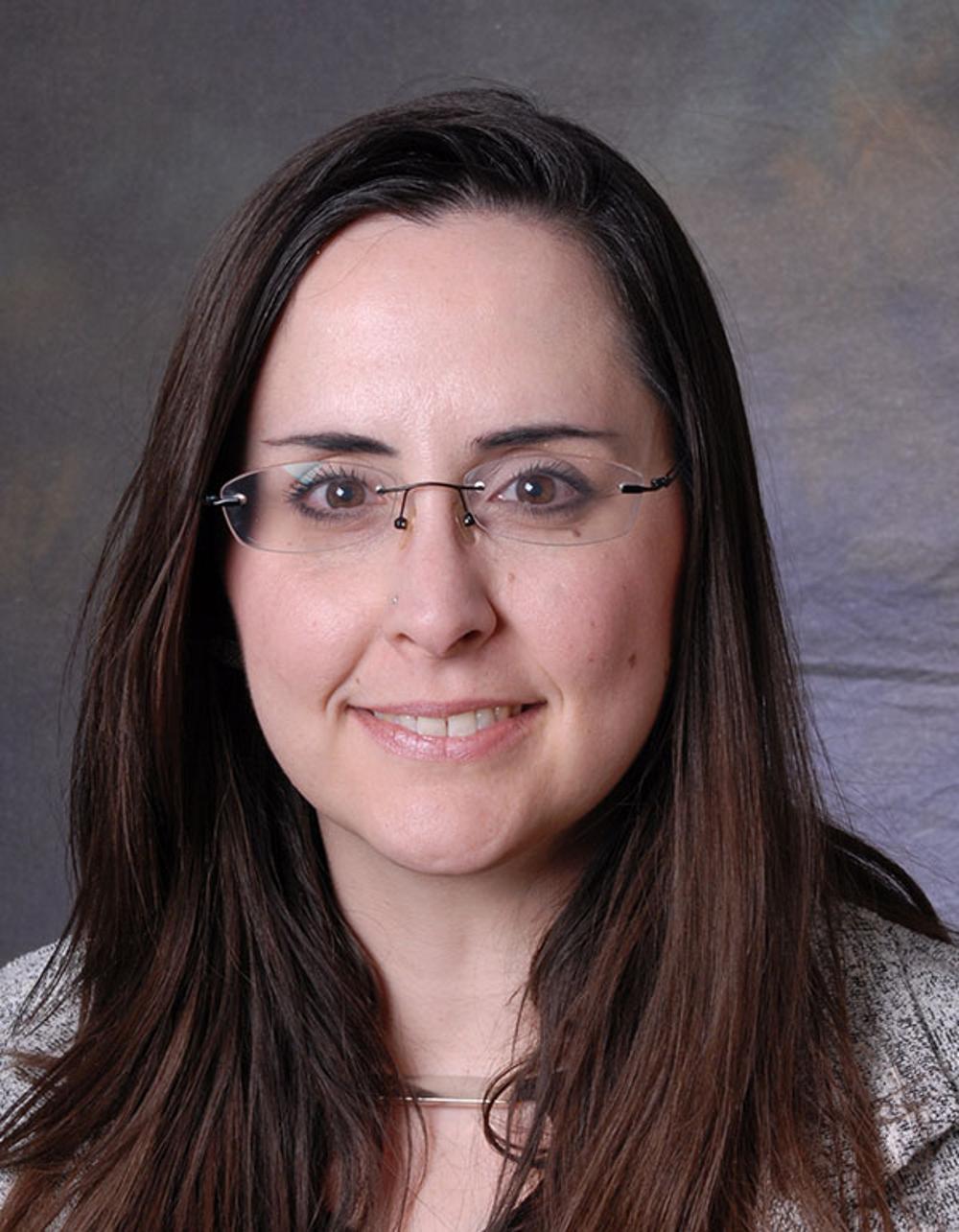
I was steered away from engineering by my family. I went back to school as a mature student to pursue what I really wanted to do. I had the support of my husband who accepts me for who I am. I think that within environmental engineering I found more support because the representation of women is a little higher. I think the profession is more inclusive, but it is not nearly as it should be. We still have a long way to go.
Priscila Dickinson BASc’19
Engineer-in-Training, Government of Saskatchewan
Regional Engineer, Ministry of Agriculture
Mikayla Peterson
I am gloomy when I remember the women who were murdered, and I mourn for the potential that they had. At the same time, I feel a lot of hope knowing that we’ve made progress in making engineering more inclusive by inspiring more girls to pursue engineering. Overall, the massacre makes me reflect on the women in engineering who came before me, and it reminds me that I have the right to take up space in this profession.
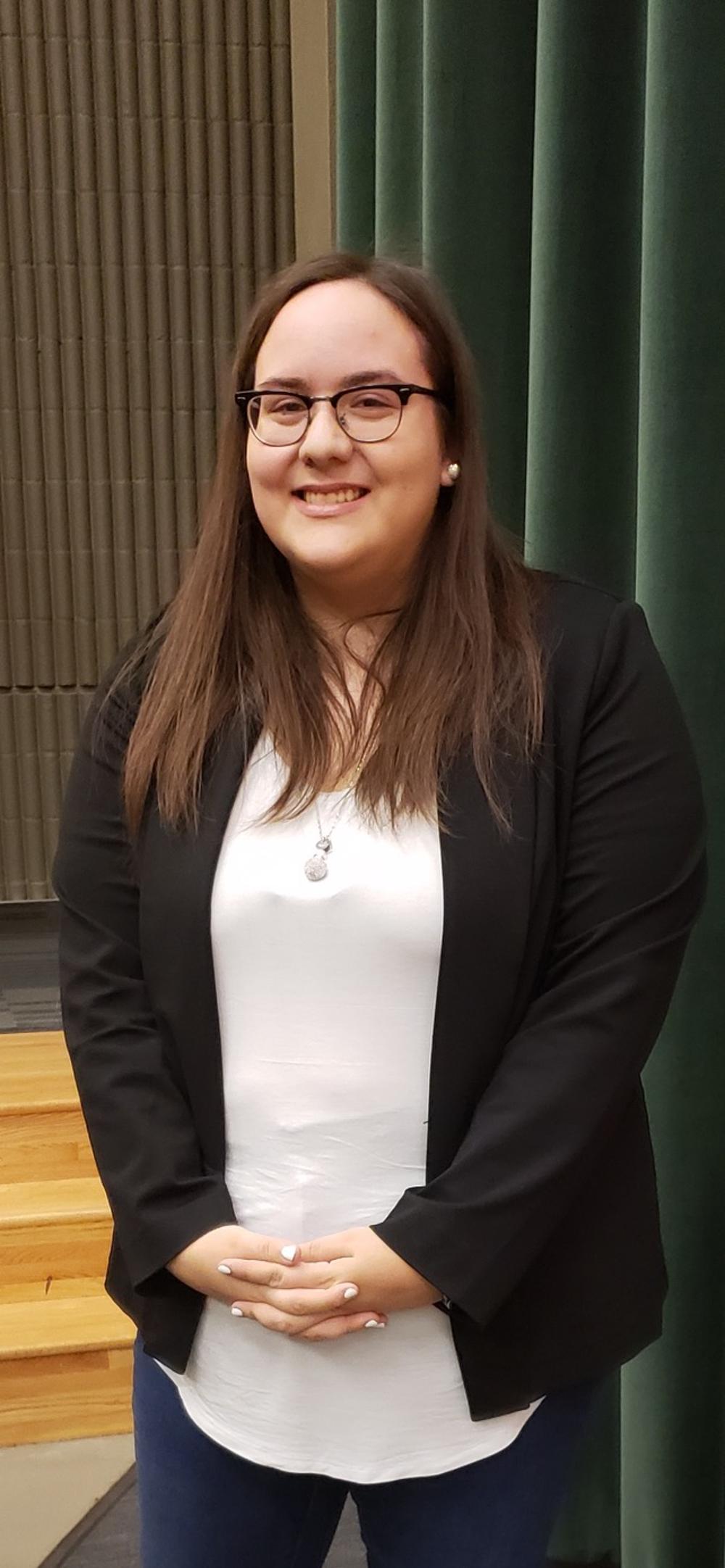
My overall experience pursuing a career in engineering has been positive; throughout the years, I have received encouragement from my friends, family, and educators. One form of discouragement I’ve encountered is that sometimes male students in a group project will inadvertently assign me all the secretarial work and won’t take my technical contributions seriously. Whenever this happens, I feel like I have to fight to take up space and have my technical skills be acknowledged. Engineering is more inclusive than it was 30 years ago; however, we could be doing more. It’s great that there are more outreach and extra-curricular programs to inspire girls to pursue engineering, but we still need to do more work incorporating equity, diversity and inclusion into engineering curriculums.
Mikayla Peterson
Fourth-year software systems engineering student
Affiliated with Engineers Without Borders Canada, the IEEE Student Branch, the University of Regina's Google Developer Student Club, and Dr. Grinyer's 2SLGBTQ+ in STEM Network.
Banner photo: iStock
The University has committed to creating a healthy campus community and learning environment in its 2020-25 strategic plan All Our Relations, or kahkiyaw kiwȃhkomȃkȃninawak in Cree. Well-being and Belonging is one of the five areas of focus in the plan, with three interconnected objectives within it: Equity, Diversity, and Inclusion; Healthy Living; and Mental Health Literacy and Research.
